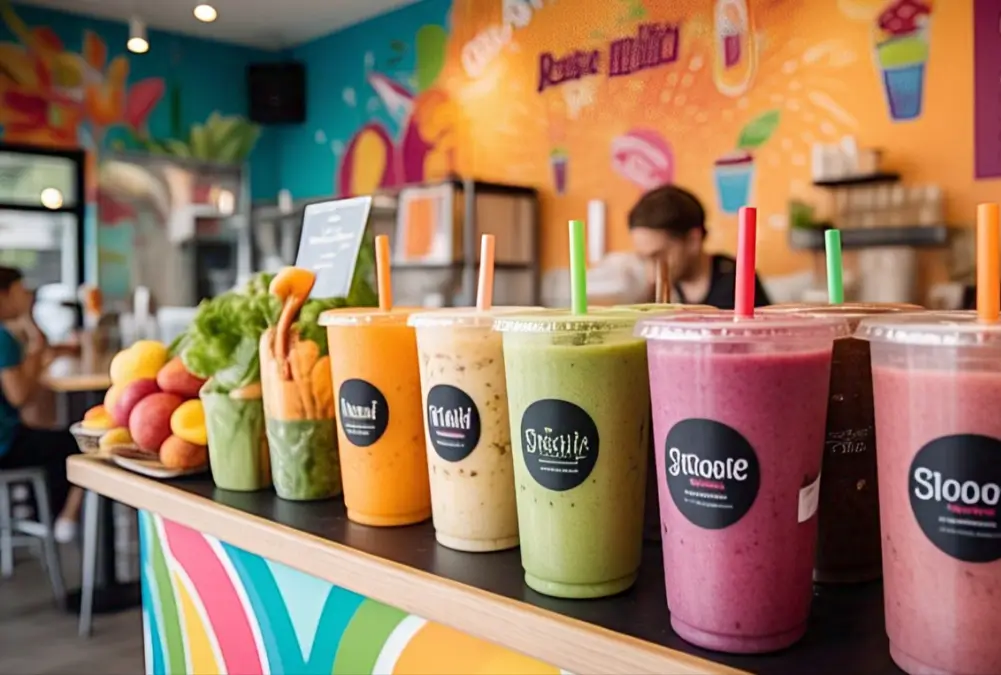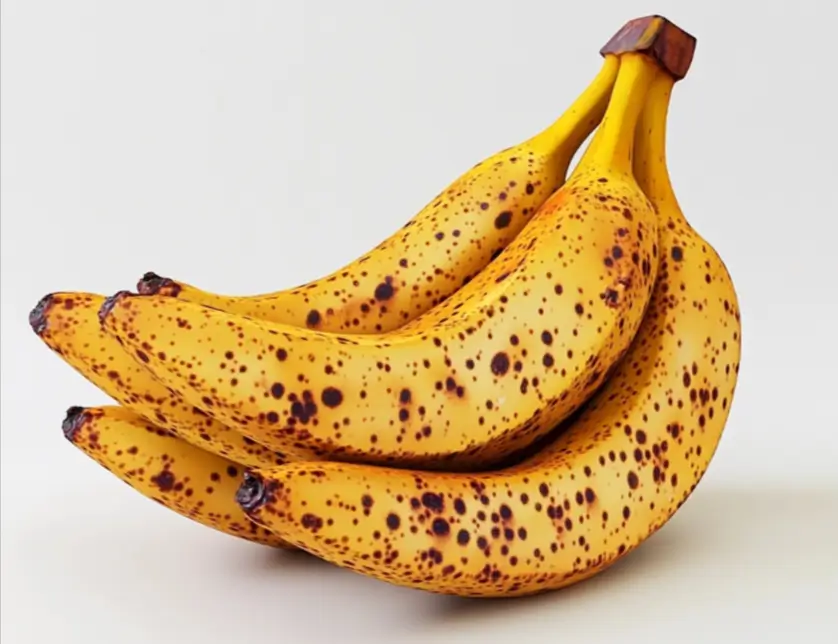8. Pre-Made Smoothies

Store-bought smoothies and smoothie shop creations have convinced many health-conscious consumers they’re making a smart morning choice, but these liquid breakfasts often deliver a stealthy sugar load that can derail your day before it begins. Many commercial smoothies contain between 30-70 grams of sugar per serving—equivalent to some milkshakes—despite their virtuous reputation.
The morning timing of this sugar consumption amplifies its impact. After the overnight fasting period, your body is particularly sensitive to glucose loads. The rapid absorption of blended fruit sugars—even naturally occurring ones—can trigger a more pronounced insulin response than you might experience from eating whole fruits. Research published in the International Journal of Obesity found that liquid calories from fruit sources were associated with increased hunger and decreased satiety compared to the same calories from whole fruits.
Beyond their sugar content, many pre-made smoothies lack adequate protein and healthy fats that would slow digestion and provide sustained energy. This nutritional imbalance often leads to hunger returning within hours of consumption, potentially triggering snacking or larger lunch portions than needed. Studies from the University of Illinois have demonstrated that balanced breakfasts containing at least 20-30 grams of protein help regulate appetite hormones more effectively than carbohydrate-dominant meals.
The fiber situation in commercial smoothies presents another concern. While whole fruits contain beneficial soluble and insoluble fiber, the high-speed blending process in commercial smoothie production partially breaks down these fibers, reducing their effectiveness in slowing sugar absorption. Many shops also strain their smoothies for texture, further reducing fiber content. The result is a less satiating breakfast despite potentially significant calorie content.
For those watching their weight or blood sugar, the deceptive health halo of smoothies can be particularly problematic. Research from Cornell University’s Food and Brand Lab found that people consistently underestimated calorie content in foods perceived as healthy, often compensating by eating more later—a concerning pattern when breakfast sets the metabolic tone for your day.
If smoothies fit your morning routine, consider making them at home where you control the ingredients. Include protein sources like Greek yogurt or a high-quality protein powder, healthy fats from avocado or nut butters, and limit fruit portions to manage sugar content. Adding greens like spinach or kale provides nutrients without significant carbohydrates, while ingredients like chia seeds or flaxseeds contribute fiber that slows digestion and stabilizes blood sugar.
